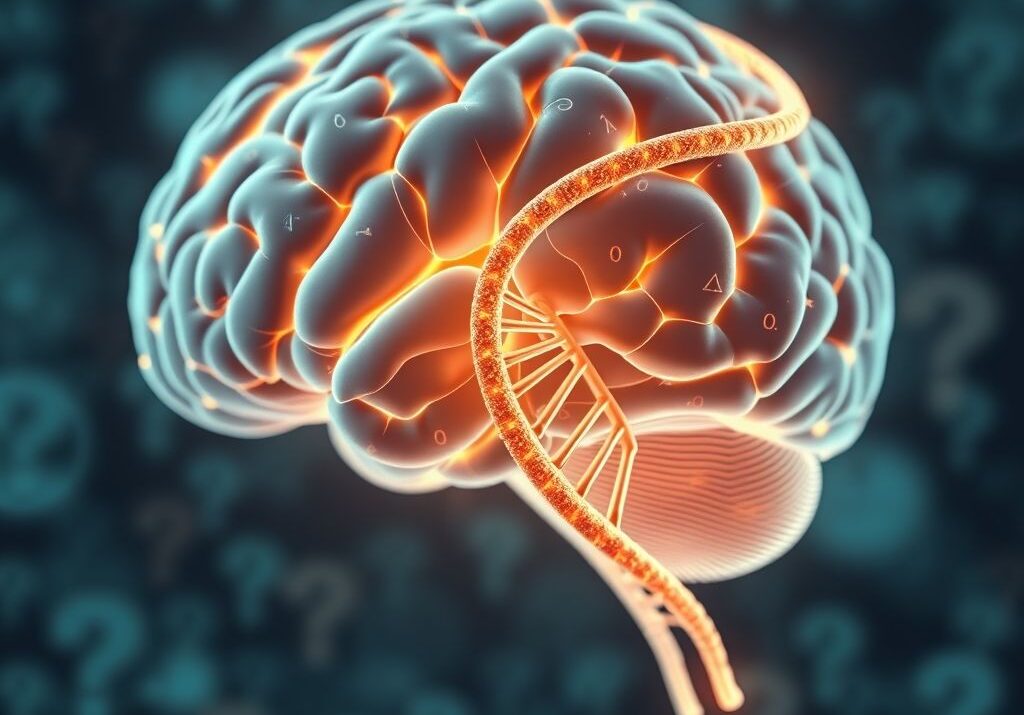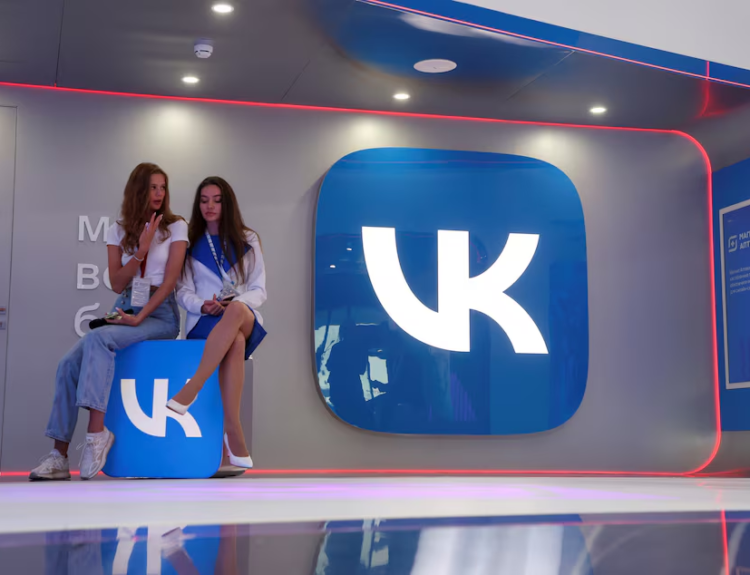Ever wondered if a chatbot could replace your doctor? I’ve been pondering that question a lot lately, especially after stumbling upon a fascinating – and somewhat concerning – study from Oxford University.
The headline grabbed me: “Just Add Humans: Oxford medical study underscores the missing link in chatbot testing.” The gist? Patients using chatbots to diagnose themselves might actually end up worse off than if they’d stuck with traditional methods. Ouch.
Now, I’m all for progress. AI holds so much potential, and I’ve seen it improve efficiency in many fields. But when it comes to healthcare, are we rushing ahead without truly understanding the implications?
This Oxford study highlights a critical point: healthcare isn’t just about algorithms and data. It’s about human connection, empathy, and the nuanced understanding that comes from years of experience. A chatbot can analyze symptoms, sure, but can it pick up on the subtle cues that a seasoned doctor might notice? Can it provide the reassurance and emotional support that a patient desperately needs when facing a health scare? Probably not.
According to a 2023 study published in JAMA Internal Medicine, while chatbots can accurately triage patients in certain situations, they often lack the ability to provide personalized advice tailored to individual circumstances (https://jamanetwork.com/journals/jamainternalmedicine/fullarticle/2804362). This lack of personalization could lead to misdiagnosis or inappropriate treatment recommendations.
Furthermore, a 2021 report by the World Health Organization (WHO) emphasizes the importance of human oversight in the use of AI in healthcare, warning against the potential for bias and the need for ethical frameworks to guide its development and deployment (https://www.who.int/news/item/28-06-2021-who-calls-for-responsible-use-of-ai-for-health).
It’s easy to see the allure of using chatbots for quick medical advice, especially in a place like Cameroon where access to healthcare professionals can be limited. They offer convenience, affordability, and anonymity. But we need to proceed with caution. Relying solely on AI could widen existing health disparities if the technology isn’t designed and implemented equitably, accounting for diverse cultural and socioeconomic contexts.
Key Takeaways for All of Us:
- Chatbots are tools, not replacements: Think of them as helpful assistants, not substitutes for your doctor.
- Human interaction is crucial: Don’t underestimate the value of a face-to-face consultation with a healthcare professional.
- Personalization matters: Generic advice from a chatbot may not be suitable for your specific situation.
- Be aware of limitations: Chatbots are still under development and have limitations in their ability to understand complex medical issues.
- Advocate for responsible AI: Support the development of ethical guidelines and regulations for the use of AI in healthcare.
I’m not saying we should ditch chatbots altogether. They have a role to play in healthcare, especially in providing basic information and triaging patients. But let’s not forget the “human” in “healthcare.” We need to strike a balance between leveraging the power of AI and preserving the essential human connection that is vital for good health outcomes. Perhaps the key is to integrate these AI systems with human expertise, ensuring that a qualified medical professional reviews and validates the chatbot’s recommendations, especially in critical situations.
FAQs About Chatbots and Healthcare:
- Are medical chatbots safe to use? They can be helpful for basic information but should not replace professional medical advice.
- Can a chatbot diagnose me accurately? Chatbots can suggest possibilities, but a doctor’s diagnosis is crucial.
- What are the benefits of using medical chatbots? Convenience, quick access to information, and initial symptom assessment.
- What are the risks of relying solely on chatbots for medical advice? Misdiagnosis, delayed treatment, and lack of personalized care.
- How can I ensure the information I get from a chatbot is accurate? Cross-reference information with reputable sources and consult a doctor.
- Are chatbots regulated in healthcare? Regulations are still evolving, but it’s important to use chatbots from trusted sources.
- Can chatbots provide emotional support? They can offer information, but they lack the empathy and understanding of a human caregiver.
- How can I find a reliable medical chatbot? Look for chatbots developed by reputable healthcare organizations or medical professionals.
- What if a chatbot gives me incorrect information? Always double-check the information with a doctor and report any errors to the chatbot provider.
- Will chatbots eventually replace doctors? It’s unlikely; they’re more likely to become tools that assist doctors in providing better care.








